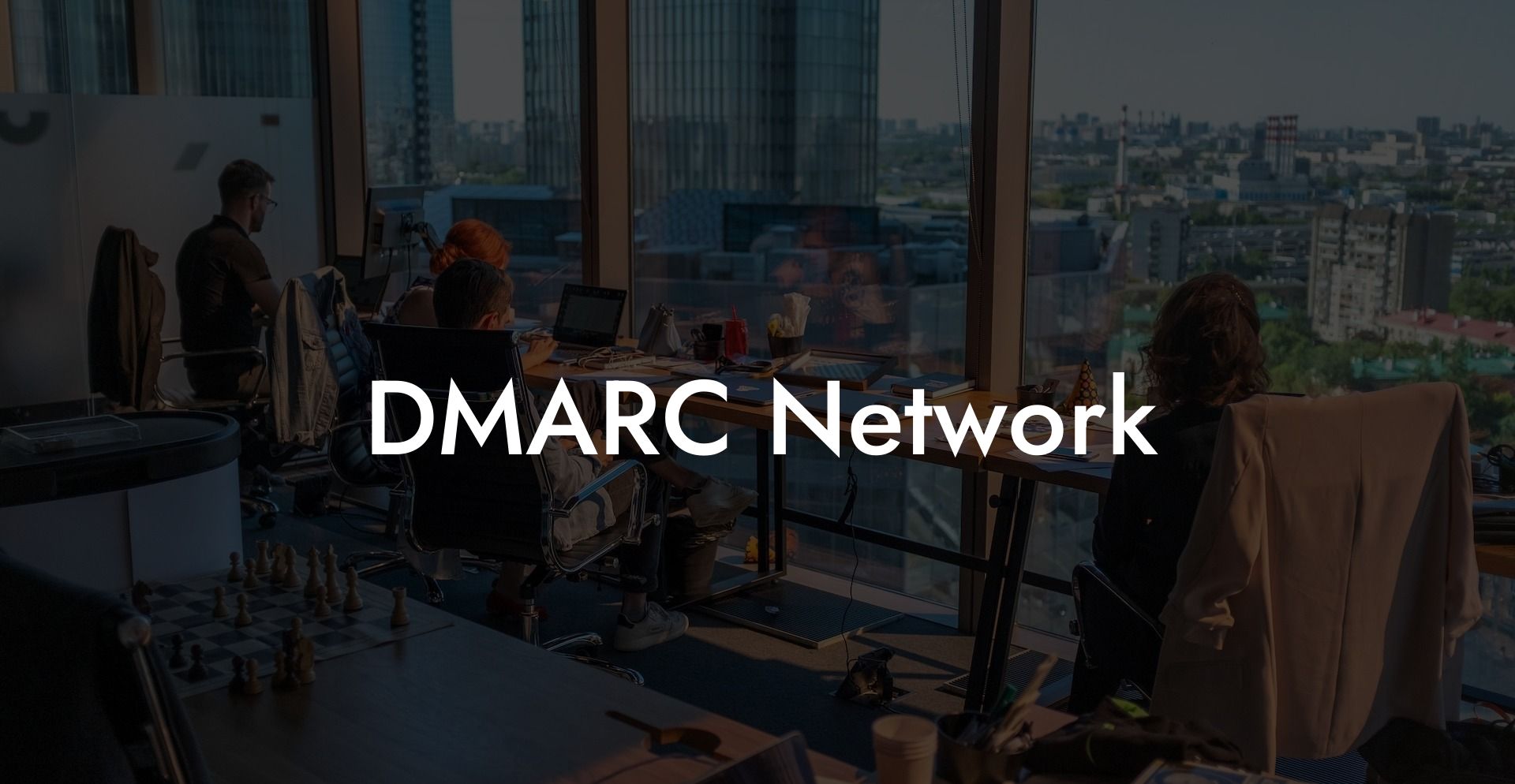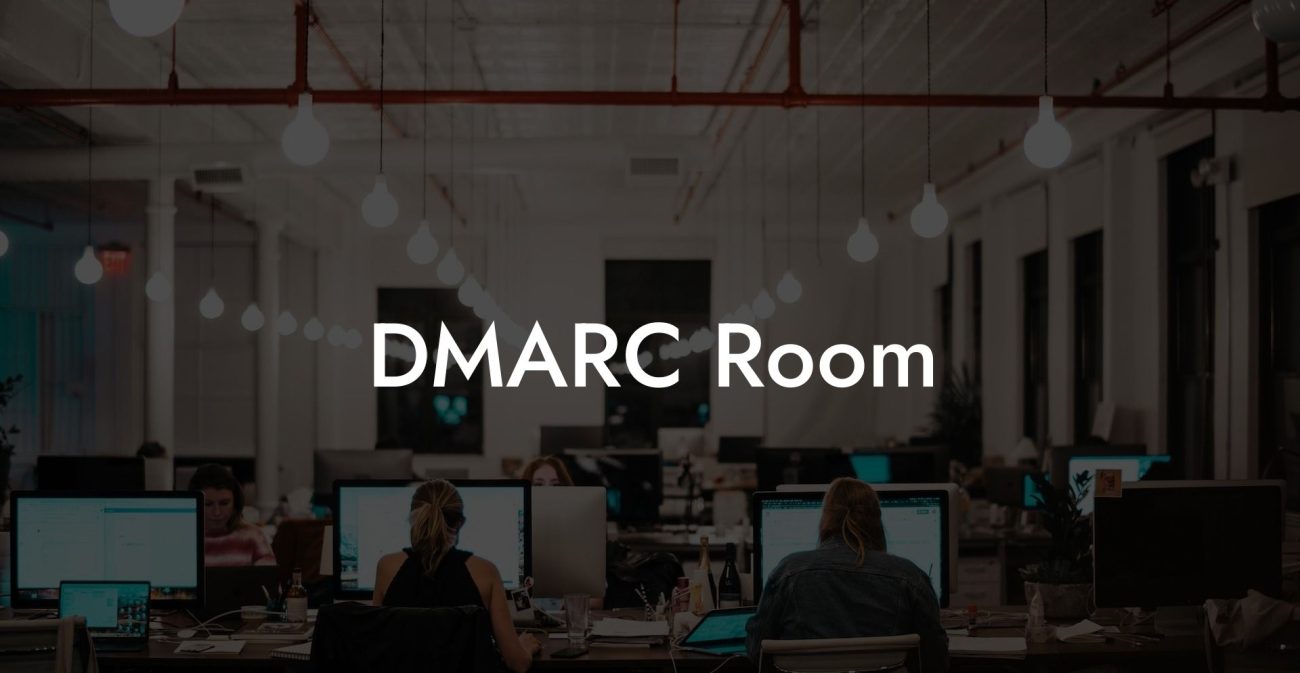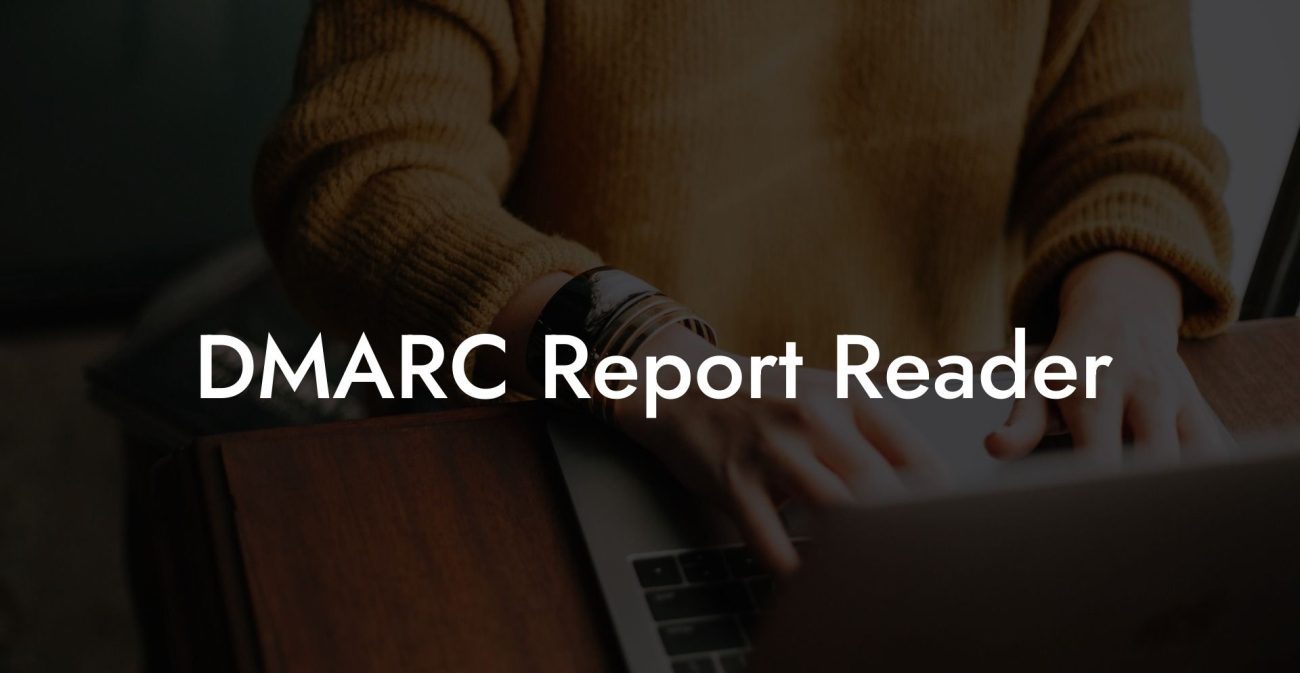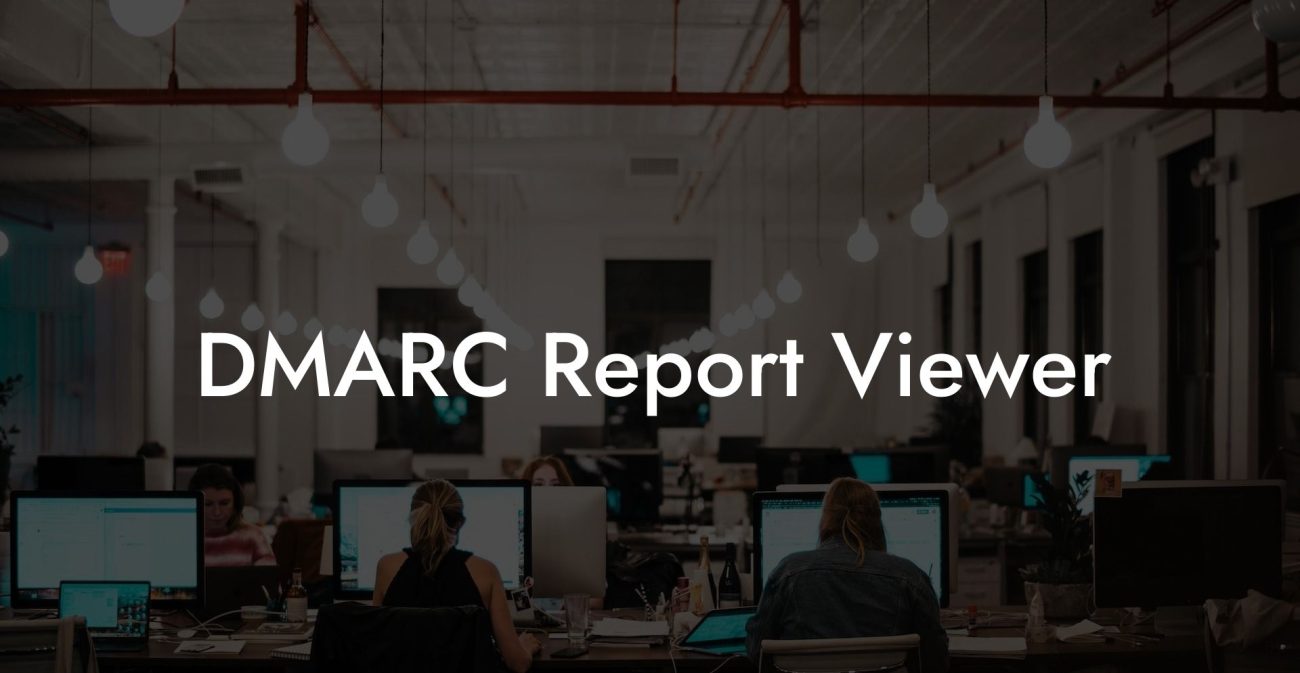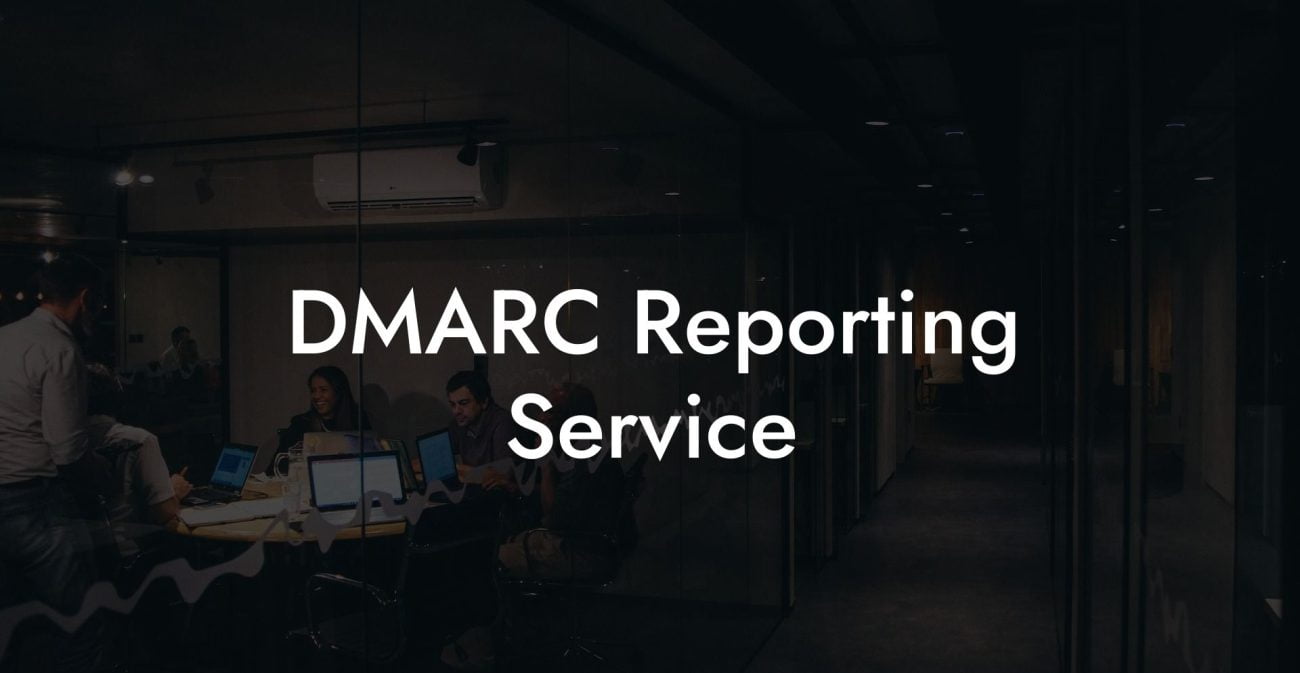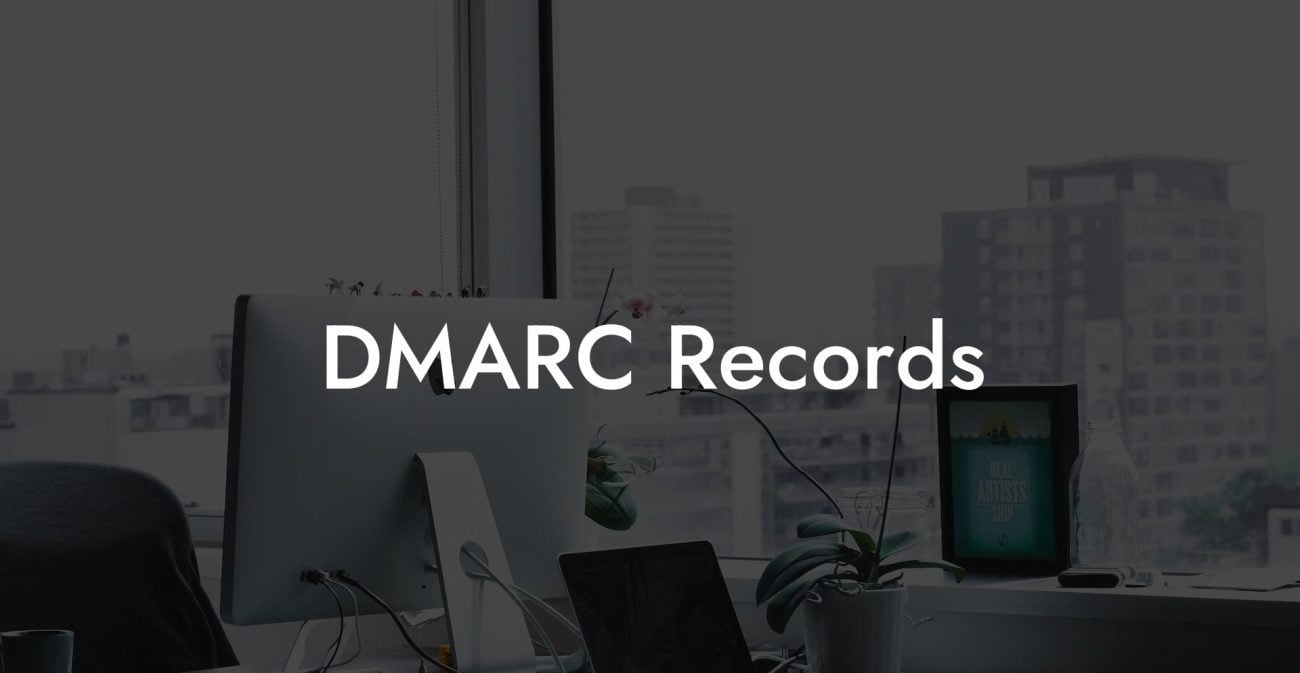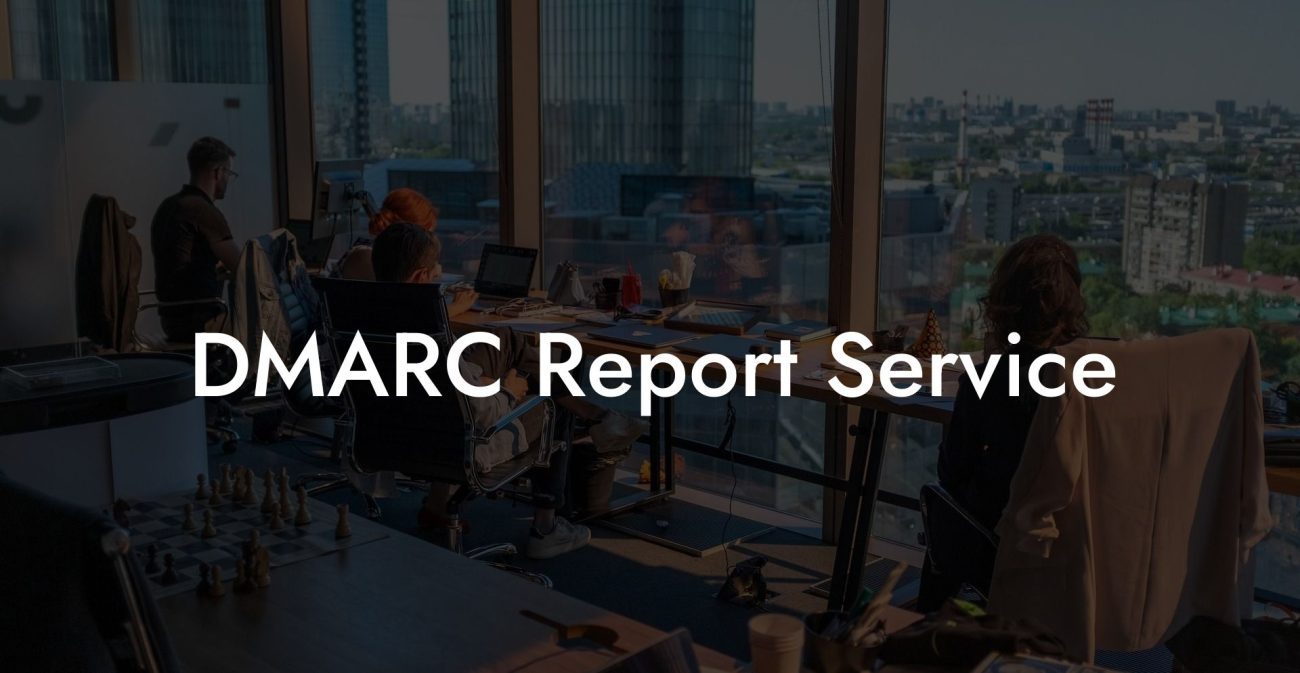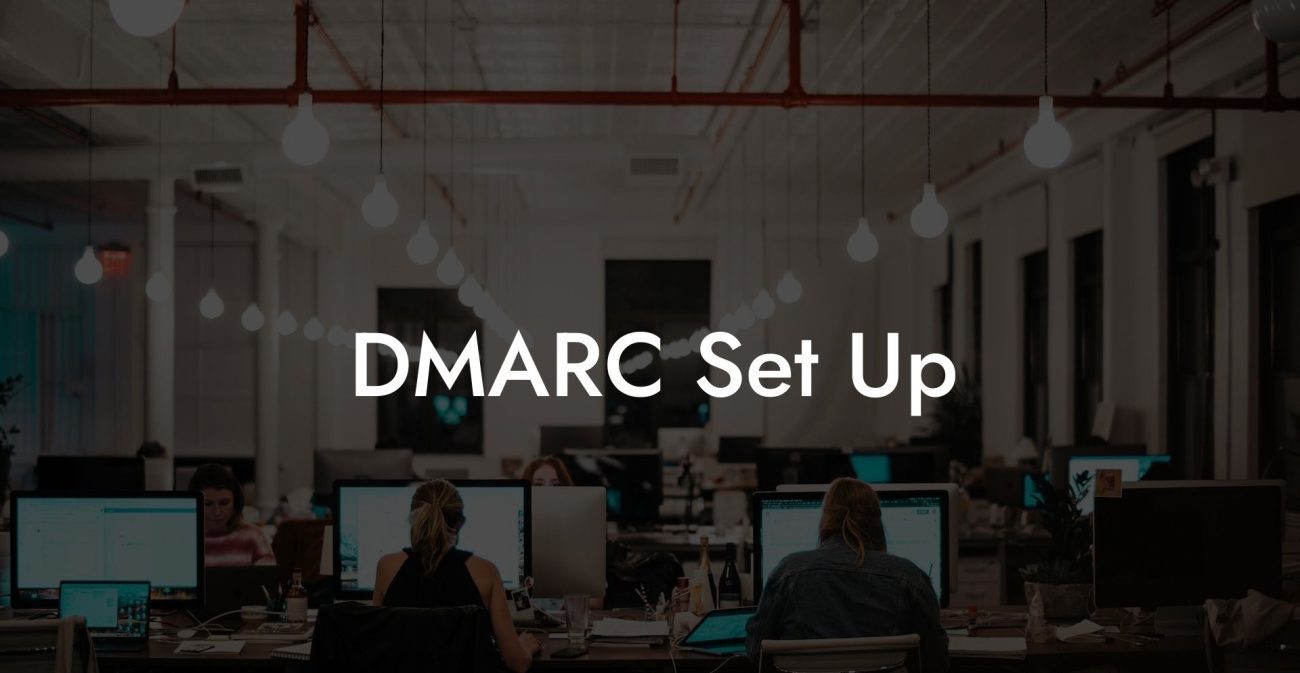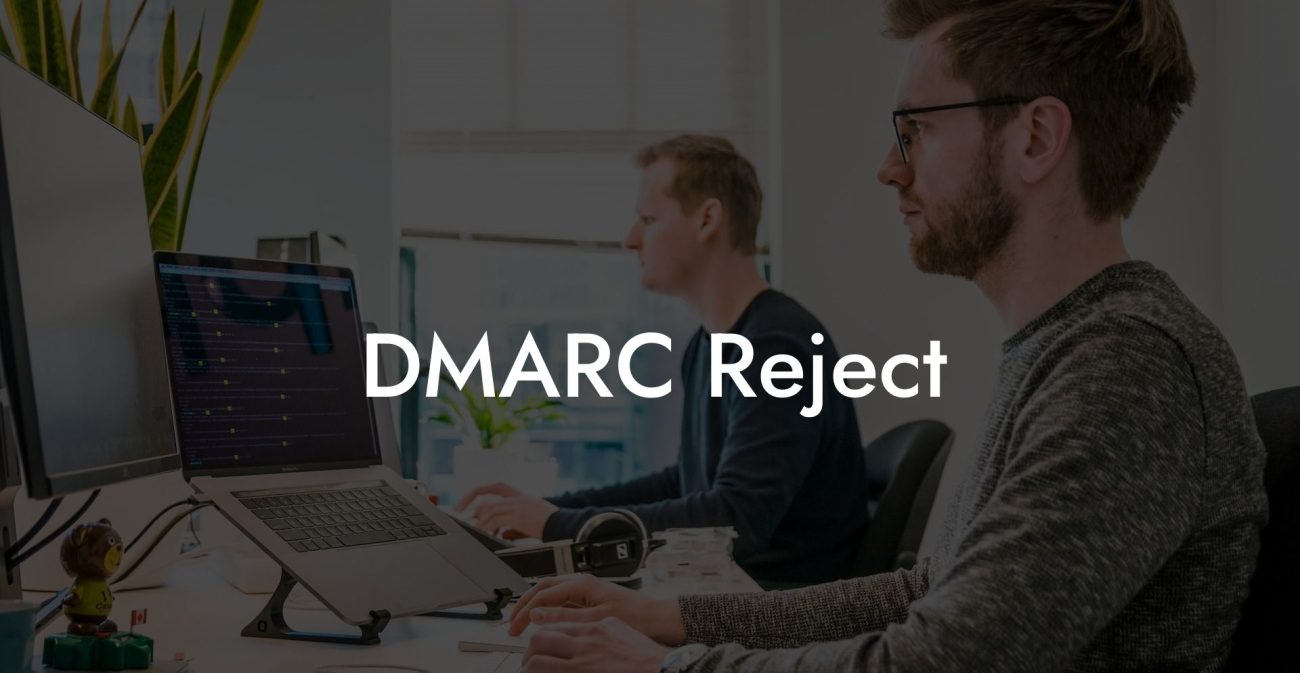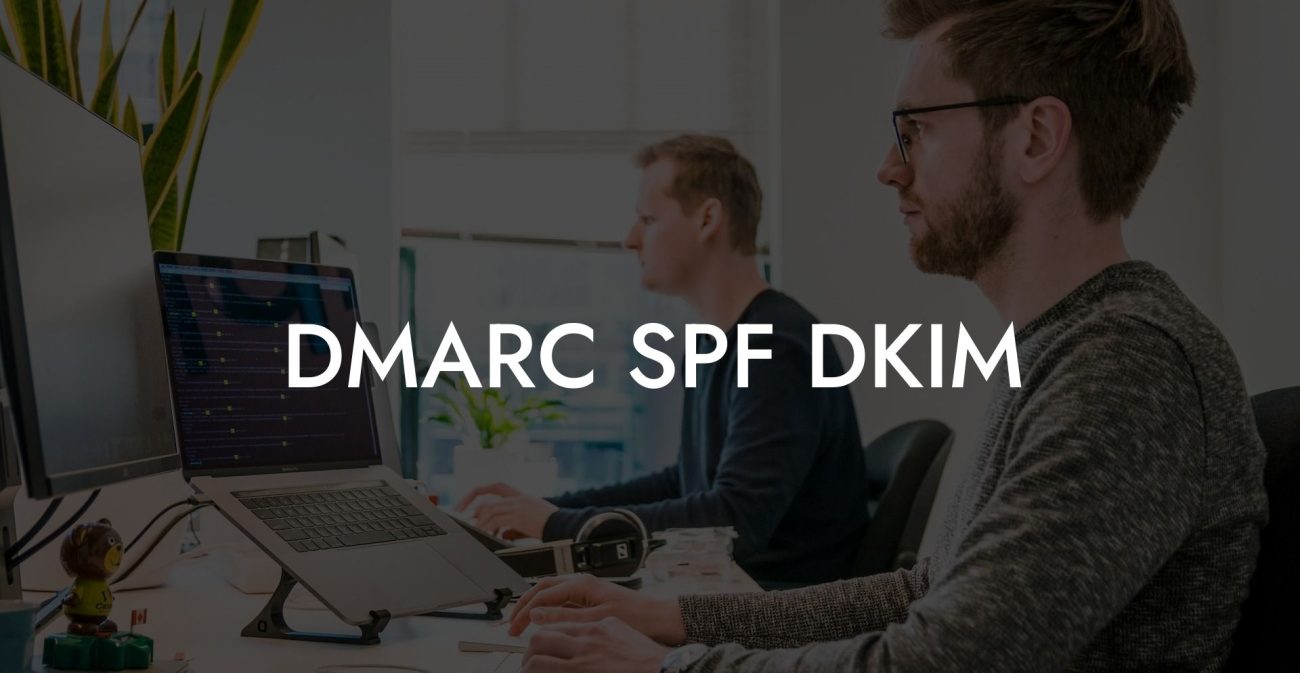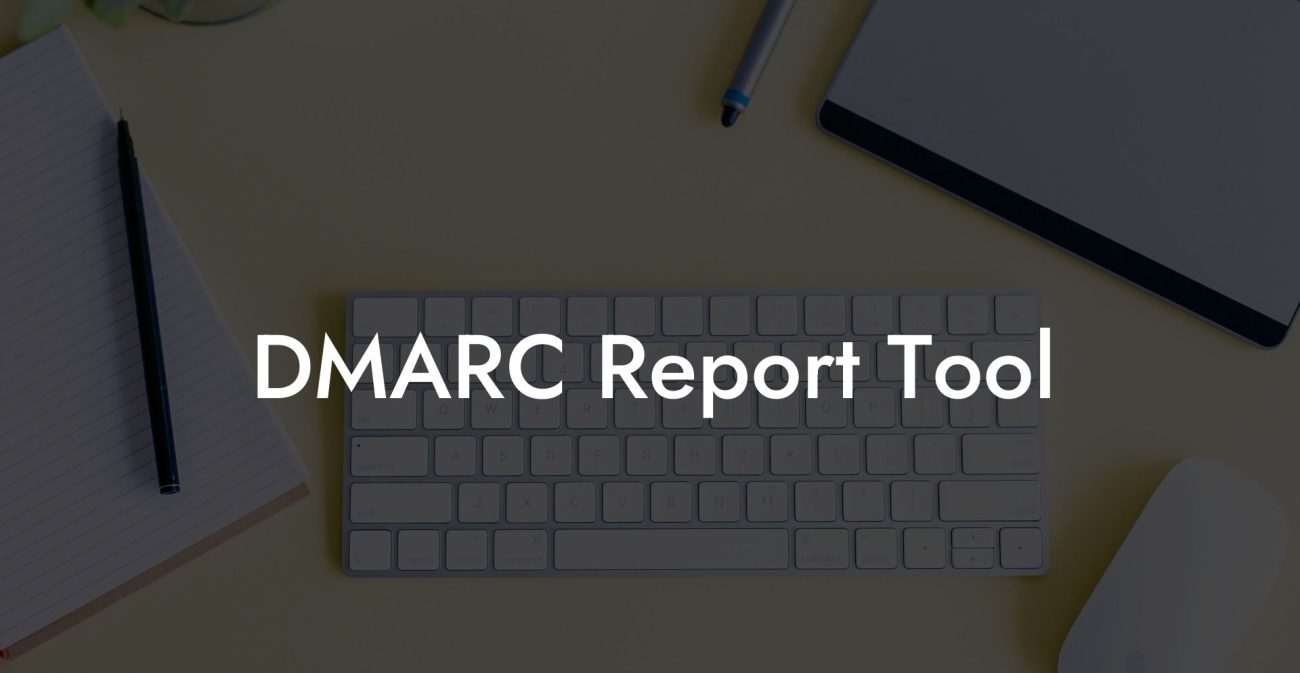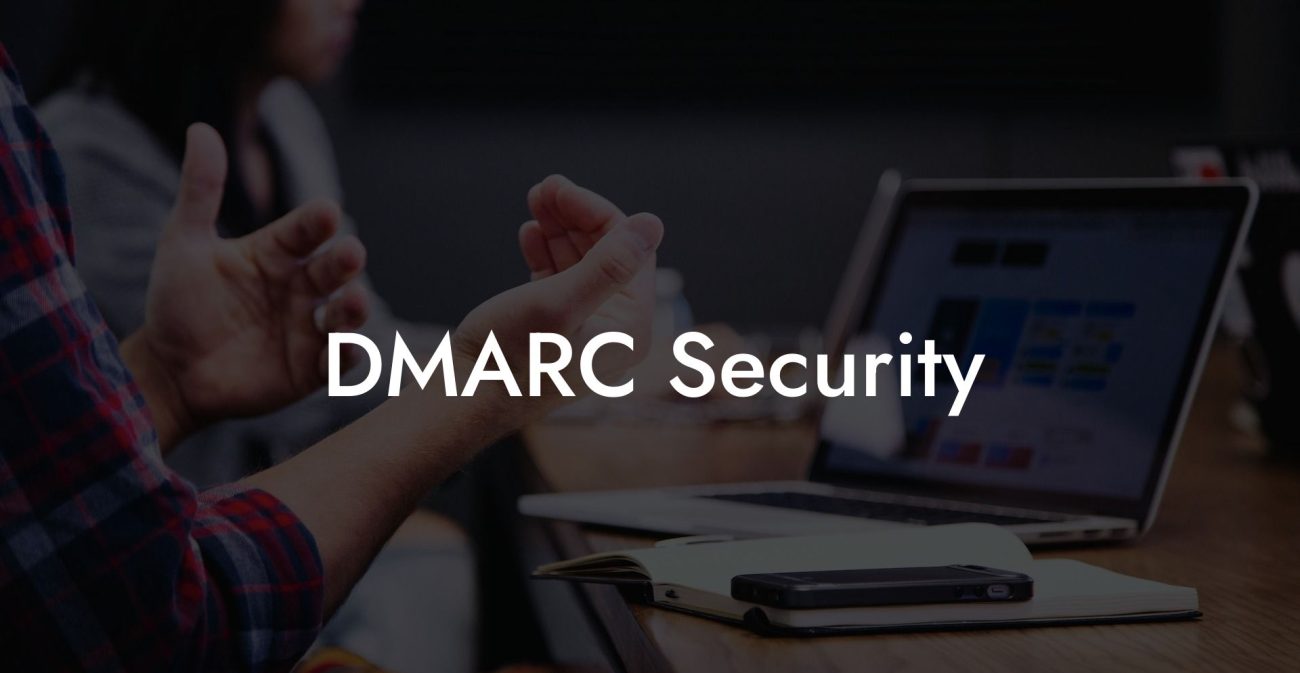In today's interconnected world, email communication plays a vital role in our daily lives - both personally and professionally. However, the rise of cyberthreats, such as phishing and spoofing attacks, has led organizations to seek robust security measures to protect their digital assets. One such solution is DMARC, a powerful email authentication protocol that helps combat these cybercrimes. In this article, we will delve into the captivating world of DMARC and explore its potential to secure your organization's email communication.
Understanding DMARC
DMARC, or Domain-based Message Authentication, Reporting & Conformance, is an email authentication protocol that verifies an email's sender and ensures its delivery. By utilizing DMARC, organizations can identify and block email messages from malicious domains masquerading as genuine senders, significantly mitigating the risks of phishing and spoofing attacks.
Components of DMARC
Protect Your Data Today With a Secure Password Manager. Our Top Password Managers:
DMARC builds upon two existing email authentication techniques: Sender Policy Framework (SPF) and DomainKeys Identified Mail (DKIM).
- SPF: Sender Policy Framework is an email validation system that authenticates the sender's IP address against a list of approved IPs specified by the domain owner. This helps prevent email spoofing attempts from unauthorized sources.
- DKIM: DomainKeys Identified Mail is an email authentication technique that uses cryptographic signatures to verify the email's integrity. By adding a digital signature, the sender proves the email has not been tampered with during transit and confirms the authenticity of the domain's owner.
DMARC uses the results from these two techniques to determine the email's authenticity, helping to protect users from spoofing and phishing attacks.
Implementing DMARC
Implementing DMARC involves creating a DMARC record in your Domain Name System (DNS). This record specifies the policies and actions to be taken when an email fails SPF and DKIM checks. The three possible DMARC policies are:
- None: No action is taken, but reports are generated for the domain owner's analysis.
- Quarantine: Emails failing the checks are flagged and quarantined, potentially in the recipient's spam folder.
- Reject: Failed emails are blocked outright, preventing them from reaching the recipient's inbox.
By specifying the desired policy, the domain owner can control how their domain handles unauthenticated emails, depending on their preference and threat level assessment.
Reporting and Analysis
One of the key benefits of DMARC is the ability to generate reports, which provide insights into the email traffic passing authentication checks. These reports include information on the sender's IP address, the authentication checks performed, and the results of those checks. Domain owners can analyze these reports, identify trends and threats, and adjust their DMARC policies accordingly, improving their email security posture over time.
DMARC Network Example:
Imagine an organization, Acme Corp, suffering from impersonation attacks in which cybercriminals send fraudulent emails pretending to be Acme Corp executives. These attacks threaten the company's reputation and could lead to data breaches or financial loss.
To address this issue, Acme Corp decides to implement DMARC, creating a record in their DNS specifying a policy to reject emails failing SPF and DKIM checks. As a result, fraudulent emails sent from spoofed Acme Corp domains are blocked, protecting employees and clients from falling victim to phishing scams. Moreover, with the insights provided by DMARC reports, Acme Corp continues to strengthen its email security by identifying and addressing potential vulnerabilities.
In conclusion, DMARC is a critical component of today's email security landscape. By enabling domain owners to authenticate their emails and protect their users from phishing and spoofing attacks, organizations can fortify their cyber defenses and preserve their credibility. As cyberthreats continue to evolve, embracing robust security measures like DMARC is non-negotiable for businesses and individuals alike.
If you found this article insightful, please feel free to share it with your colleagues and friends. For more detailed guides and information on cybersecurity, don't hesitate to explore other resources on Voice Phishing. Together, we can create a safer digital space for all!
Protect Your Data Today With a Secure Password Manager. Our Top Password Managers:

